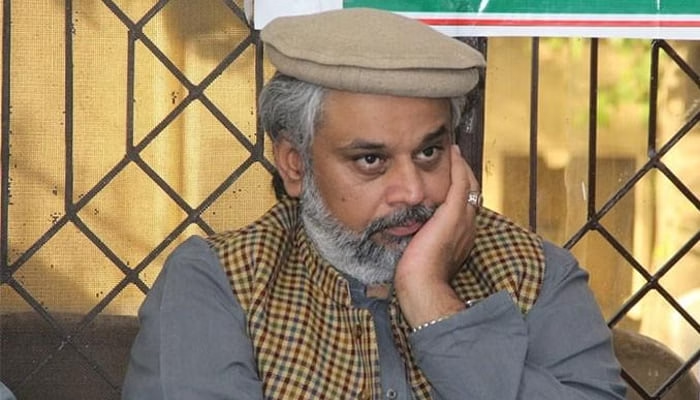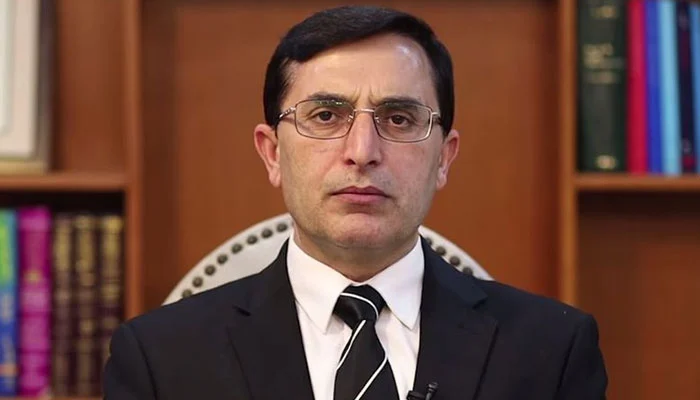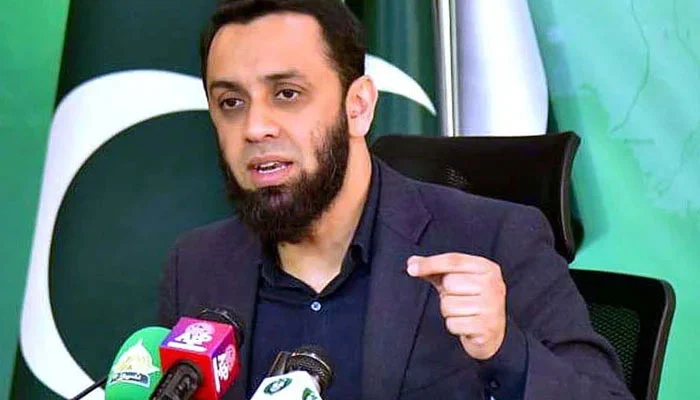The Pakistan Tehreek-e-Insaf (PTI) continues to face internal challenges as prominent figures resign from their positions, signaling potential rifts within the party. Sahibzada Hamid Raza, chairman of the Sunni Ittehad Council, and Salman Akram Raja, PTI’s Secretary General, have both stepped down from their roles, raising questions about the party’s stability during a critical period.
Sahibzada Hamid Raza’s Resignation
Sahibzada Hamid Raza announced his resignation from PTI’s political and core committees, citing disagreements and criticism as key reasons behind his decision. According to sources, Raza is also preparing to resign from his position as a member of the National Assembly, with plans to formally submit his resignation to the party leadership.
Raza’s decision to step down appears to be linked to internal differences within PTI, particularly in the context of the November 24 protests. His stance on party matters, coupled with growing criticism, reportedly played a significant role in his departure.
A Brief Tenure with PTI
Sahibzada Hamid Raza’s inclusion in PTI’s political and core committees came after the arrest of the party’s founder, Imran Khan. Raza’s presence was intended to strengthen the party’s leadership and provide strategic direction during a challenging phase. However, his tenure within PTI leadership has been short-lived due to irreconcilable differences and mounting pressure.
Salman Akram Raja’s Resignation as Secretary General
In another blow to PTI, senior lawyer Salman Akram Raja has resigned from his position as Secretary General. The resignation was confirmed by PTI Chairman Barrister Gohar, further highlighting the party’s internal struggles.
Salman Akram Raja was appointed as PTI’s Secretary General by Imran Khan in September, with hopes of leveraging his legal expertise to navigate the party through its legal and political battles. However, Raja faced criticism for not taking an active role in recent PTI protests, which likely contributed to his decision to step down.
PTI Leadership in Crisis
The resignations of both Sahibzada Hamid Raza and Salman Akram Raja come at a time when PTI is grappling with challenges on multiple fronts. The party has been under scrutiny following its leadership changes and recent protests, which have sparked widespread political debate.
These resignations signal a deeper issue within the party’s organizational structure and highlight the difficulty of maintaining cohesion during turbulent times.
Reasons Behind the Resignations
- Internal Criticism: Both Raza and Raja faced backlash from within PTI for their perceived lack of involvement or differences in strategic direction.
- Party Protests: Disagreements regarding the November 24 protests appear to have exacerbated tensions within the leadership.
- Pressure to Perform: High expectations from senior members to play active roles in political and legal challenges may have contributed to their exits.
Impact on PTI’s Future
The departure of key figures like Sahibzada Hamid Raza and Salman Akram Raja underscores a period of uncertainty for PTI. As the party navigates these resignations, it must address internal divisions to maintain its relevance and cohesion.
- Public Perception: The resignations could weaken PTI’s image as a united political force.
- Leadership Challenges: Filling the vacated positions with capable leaders will be crucial for the party’s recovery.
- Strategic Direction: PTI must reassess its approach to protests and political engagement to align its leadership.
What Lies Ahead for PTI?
In the wake of these high-profile resignations, PTI faces the daunting task of rebuilding its leadership and regaining the trust of its members and supporters. The party must address internal grievances and find a way to navigate the challenges posed by external pressures and public criticism.
By focusing on transparency, accountability, and strategic unity, PTI can work to overcome the current crisis and prepare for the political battles ahead.
The resignations of Sahibzada Hamid Raza and Salman Akram Raja highlight significant challenges within PTI. These developments underscore the need for the party to address internal disagreements and reestablish its leadership.
As PTI navigates this critical period, the decisions made in the coming weeks will determine its ability to weather the storm and maintain its position as a prominent political force in Pakistan.



